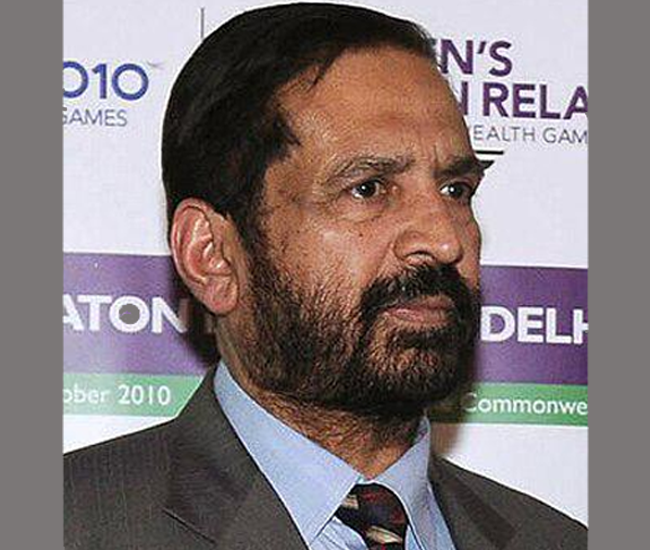
Final Day – WORLD ATHLETICS CHAMPIONSHIPS – OREGON 2022
By A Correspondent
World records by Armand Duplantis and Tobi Amusan
Americans sweep longer relays
Two world records on the concluding day made it a most memorable finish for the World championships at Hayward Field, Oregon, on Sunday.
Nigerian woman 100m hurdler Tobi Amusan leapfrogged from a personal best of 12.40s clocked in the heats to a world record of 12.12s in the semifinal that left everyone in disbelief. There was another look of shock for Amusan herself as she crossed the line in the final and looked across to see 12.06s! For a moment she and the onlookers and millions of others across the globe must have been amazed. Quickly she realized that the wind-speed was above legal limit at +2.5.
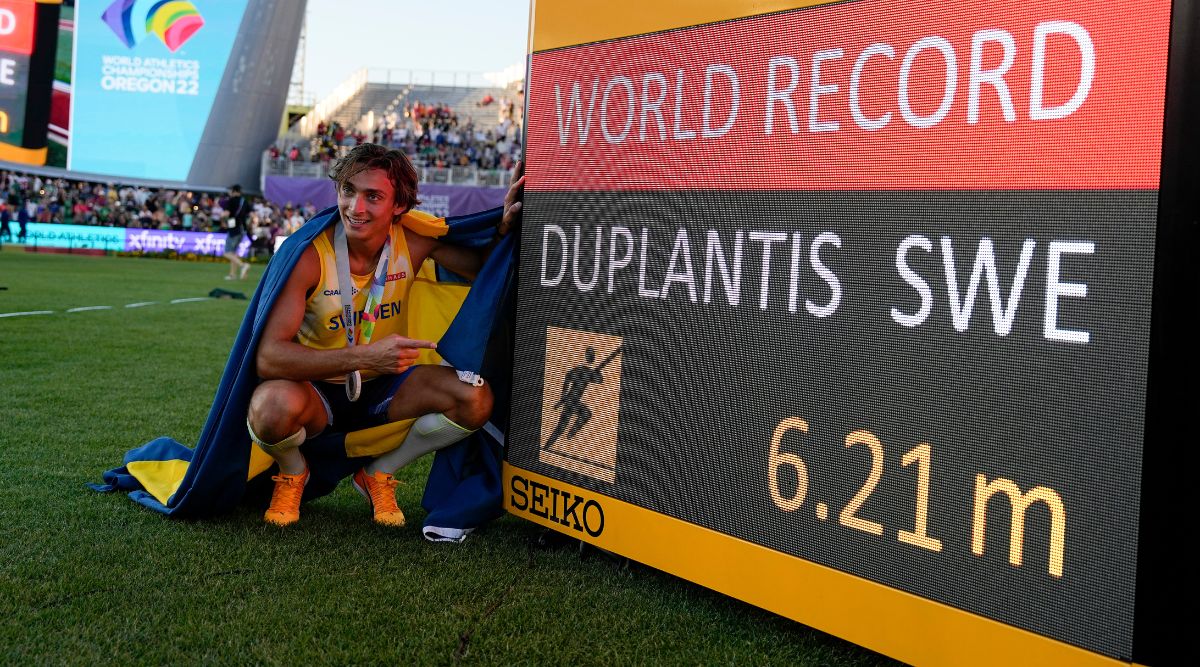
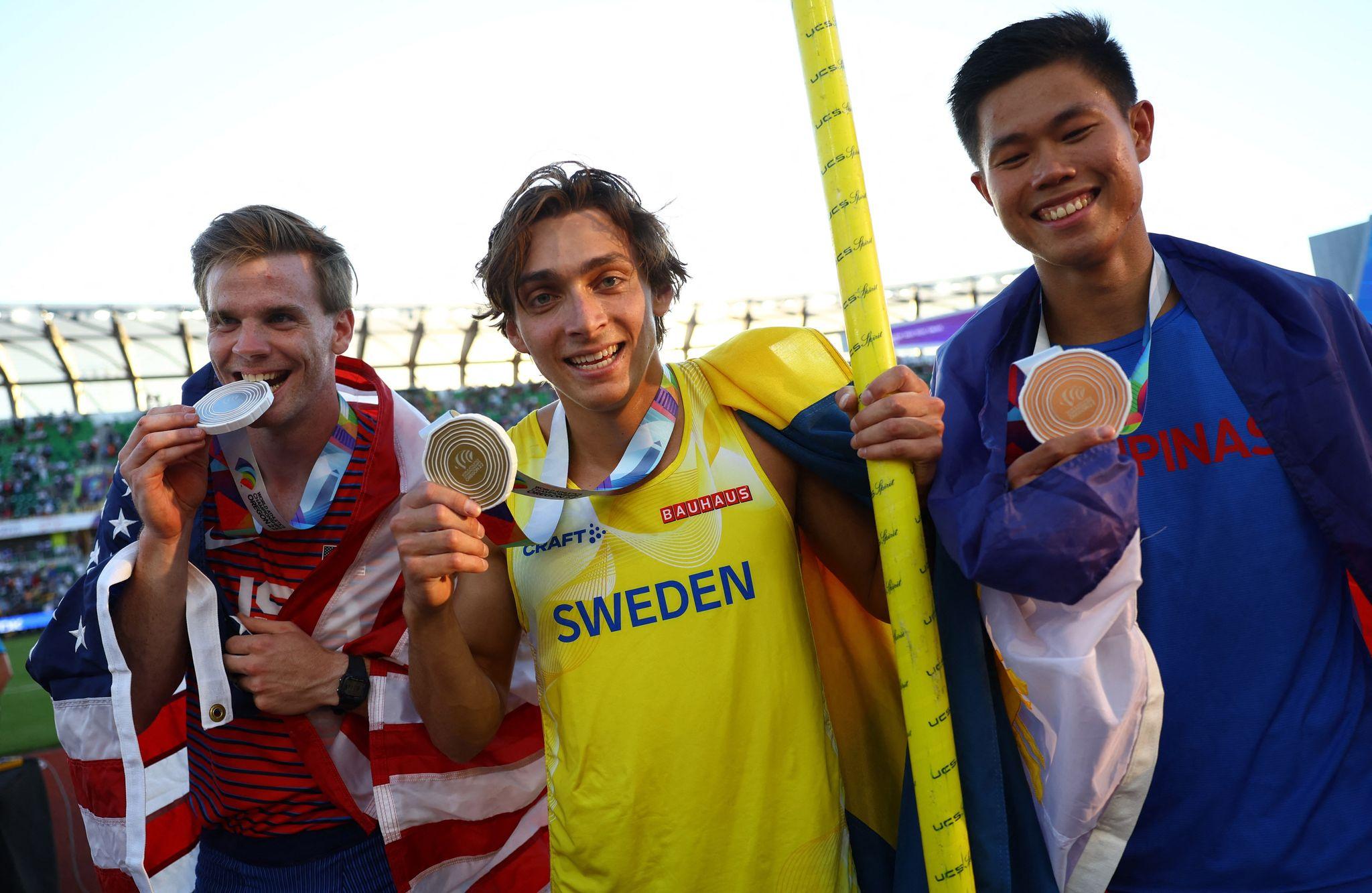 In men’s pole vault, Sweden’s Armand Duplantis did what he knows best: He won the gold with a world record of 6.21m to go with it after having looked in some trouble at 5.80m. There was much to celebrate for the Philippines as well in pole vault as it won its first World championships medal, a bronze, through Ernest John Obiena, with an Asian record of 5.94m on countback with American Christopher Nilsen. Obiena bettered his own Asian record of 5.93m set in Austria in September last year.
In men’s pole vault, Sweden’s Armand Duplantis did what he knows best: He won the gold with a world record of 6.21m to go with it after having looked in some trouble at 5.80m. There was much to celebrate for the Philippines as well in pole vault as it won its first World championships medal, a bronze, through Ernest John Obiena, with an Asian record of 5.94m on countback with American Christopher Nilsen. Obiena bettered his own Asian record of 5.93m set in Austria in September last year.
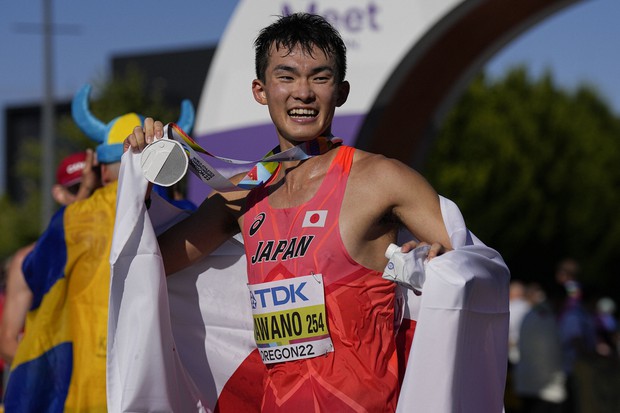
Japan’s Massatora Kawano took the silver in the 35km men’s walk in the morning as Massimo Stano of Italy added the World gold to go with the 20km title won in the Tokyo Olympics last year. Perseus Karlstrom of Sweden won his second bronze of these championships after having taken the third place in the 20km walk.
On an eventful day, the Americans swept the longer relay gold medals while Norway’s Jakob Ingebrigtsen took the 5000m gold against the challenge posed by the Kenyans and the Ethiopians, and American Athing Mu added the World championships gold in 800 metres to her Olympic gold won last year. She won in 1:56.30, the best time in the world this season.
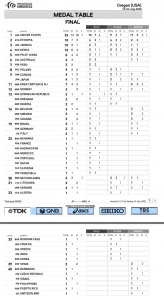
Host America broke the record for the most number of medals from one edition of the chmpionships with a collection of 33, with 13 of them being gold. A record number of 29 countries won the gold at these championships, bettering the previous total of 26 in 2017. Another record for the number of countries entering the finals was set with 81 making it compared to 76 in the last edition at Doha. Pakistan and the Philippines were among the additions.
Asia had a total of 15 medals with China winning two gold medals and Japan, Kazakhstan and Qatar contributing one each.
The world records naturally took the centre-stage on the final day. The women’s high hurdles field was loaded and there were all kinds of possibilities before the semifinals were gone through. With defending champion Nia Ali (US) disqualified in the heats, the field was left open with the likes of world record holder Kendra Harrison (US) and Jasmine Camacho-Quin (Puerto Rico), the Olympic champion also in the fray.
Amusan had attracted notice with her personal best 12.40s in the heats and she smashed that with the world record in the semifinals, the previous record standing at 12.20s by Harrison in 2016. Harrison, who clocked 12.27s in the semi, was later was disqualified in the final for hitting a hurdle with her hand after she finished last at jogging pace.
“The goal was to come out and to win this gold. I just did it,” said the Nigerian. “Honestly, I believe in my abilities, but I was not expecting a world record at these championships,” said 25-year-old Amusan.
Doubts about the timings were further fuelled when track legend Michael Johnson tweeted to say that one of the contestants, Cindy Sember of Britain said she felt her race was slow and still ended up with a national record of 12.50s in fourth place.
“I don’t believe 100h times are correct. World record broken by .08!” Johnson tweeted. “Twelve PBs set. Five national records set. And Cindy Sember quote after her PB/NR: ‘I thought I was running slow!’ All athletes looked shocked.
If doubts were there in the semi-finals about the timings, Amusan dispelled those about one and a half hours later in the final, running away to clock 12.06s. Incredulous again, though it was aided marginally by a wind of 2.5m/s. The Nigerian herself was shocked.
Jamaican Brittany Anderson and Camacho-Quinn were credited with the same time of 12.23s in the final with the Jamaican getting the silver by a thousandth of a second.
Duplantis was in his typical confident mood at the pole vault pit where the local man, Nilsen prompted enthusiastic cheers from a good crowd quite often. If Duplantis’s one failure at 5.80m was a surprise, his next clearances were not.
Duplantis cleared 5.94m, 6.00m and 6.06m with the comfort and assurance that are his trademarks. By the time the bar reached 6.00m the others had failed.
Alone at the pole vault area, the Swede then asked for the world record height of 5.21m. Encouraged and advised by former world record holder Renaud Lavillenie, Duplantis went for the record but his first attempt was not good enough. He gave up without reaching the bar.
He waited for some time and then to the roar of the crowds, Duplantis cleared the record height of 6.21m, bettering his own record of 6.20m set at the World Indoor championships at Belgrade this year. (World records are counted indoors and out without separating since 2000).
For those who could be interested in outdoor records alone, the last one was 6.14m set by the immortal Ukrainian Sergey Bubka in July 1994.
“It was the medal I was missing,” said Duplantis, who had on way to the world record, also cleared the championship record of 6.06m
“Usually, the world record is always somewhere in the back of my mind, but today I was focused on winning” said the 22-year-old Swede.
After the disappointment of the 1500m, where he could
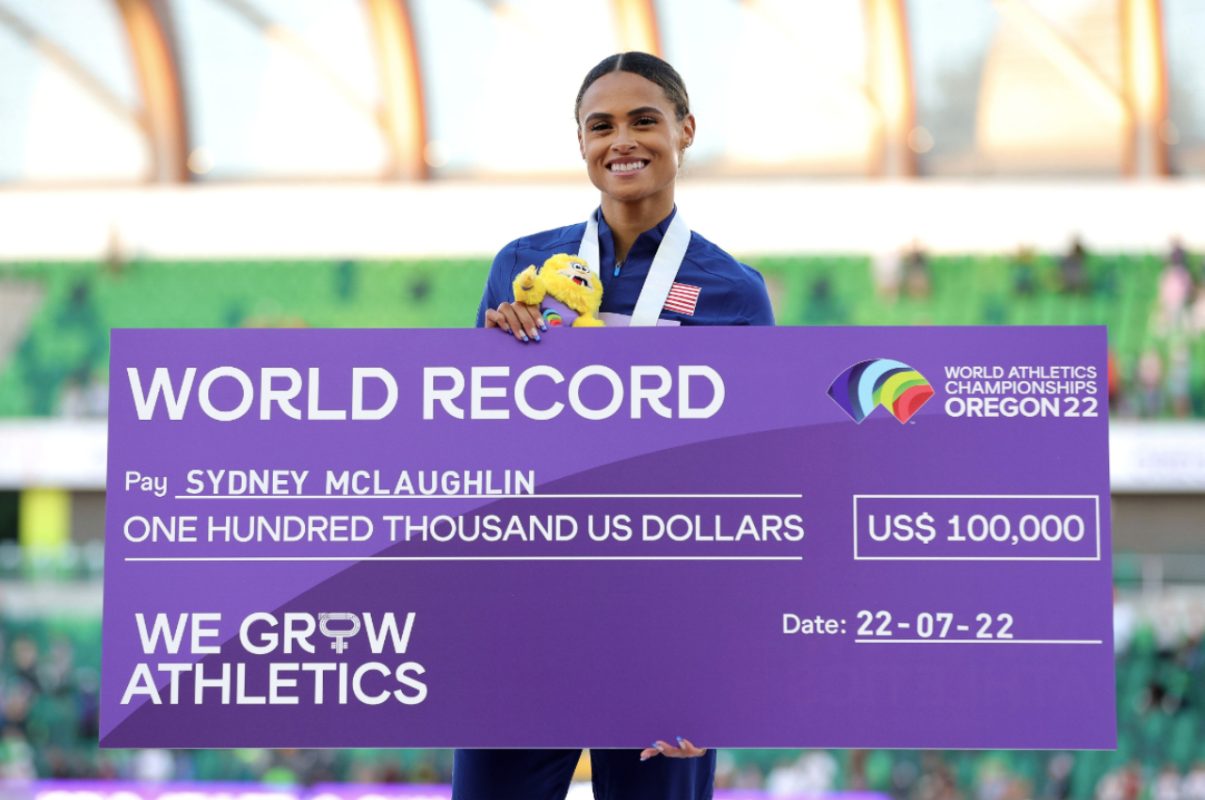 The Swede plus Amusan and Sydney McLaughlin (400m hurdles world record) received bonus of $100,000on his first attempt and received a cheque for US$100,000.
Nilsen, happy with the silver at home, at 5.94, said: “Mondo is going to keep breaking records and I am just going to keep doing my thing. This medal means that I am very consistent in what I am doing – to be the top three in the world.”
The Swede plus Amusan and Sydney McLaughlin (400m hurdles world record) received bonus of $100,000on his first attempt and received a cheque for US$100,000.
Nilsen, happy with the silver at home, at 5.94, said: “Mondo is going to keep breaking records and I am just going to keep doing my thing. This medal means that I am very consistent in what I am doing – to be the top three in the world.”


Comments are closed.

